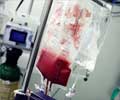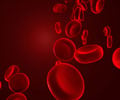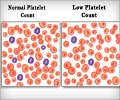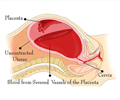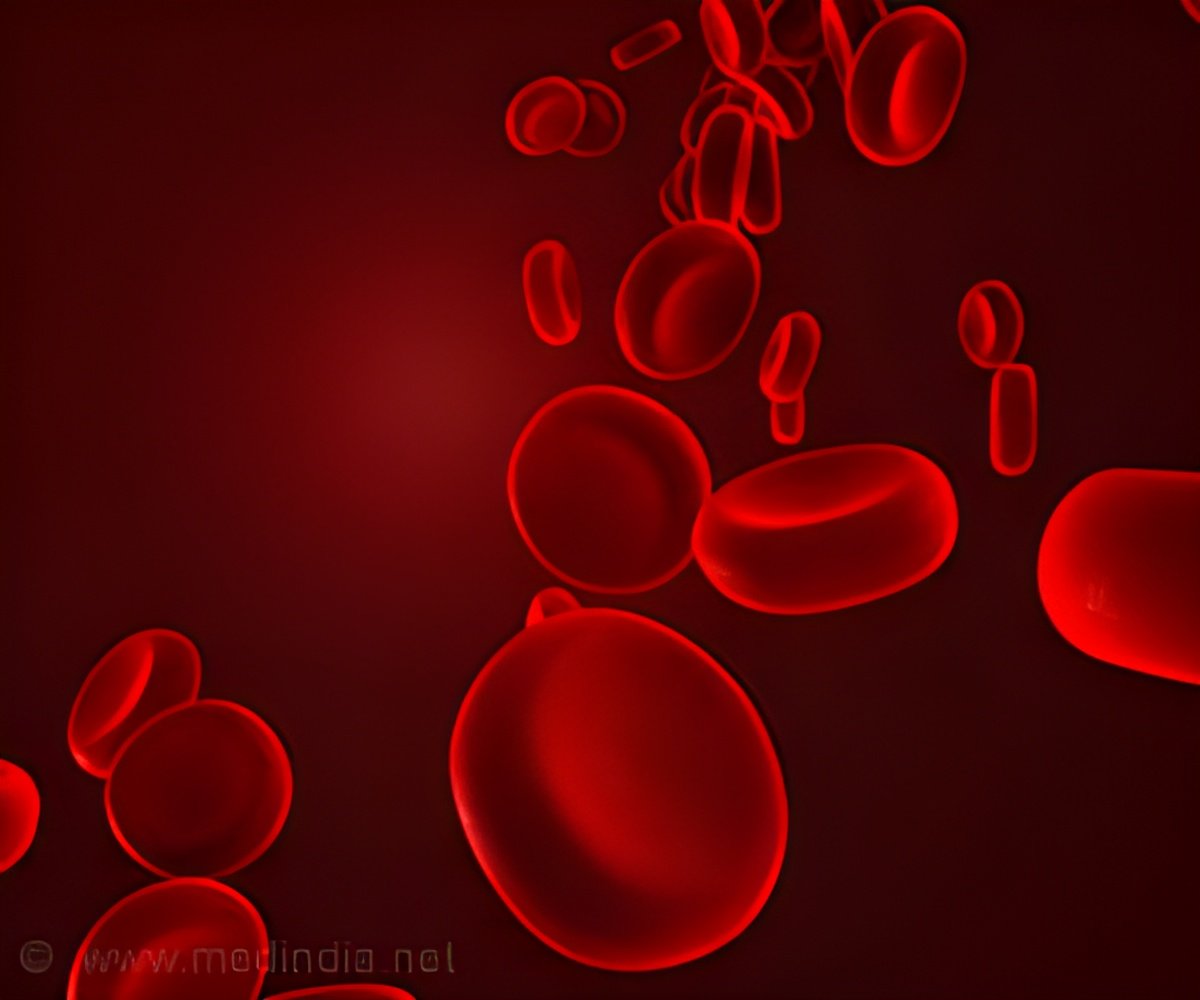
‘In most situations the likelihood of a blood transfusion associated with surgery is uncommon, at times patients may require blood products.’
Tweet it Now
Hemorrhage is a leading cause of preventable death in both military and civilian trauma care. Even though it is intuitive that early transfusion for hemorrhagic shock should improve survival, published data on prehospital transfusion to date has not demonstrated a survival advantage. Stacy A. Shackelford, M.D., of Ft. Sam Houston, San Antonio, and colleagues examined the association of prehospital transfusion and time to initial transfusion with injury survival. The study included U.S. military combat casualties in Afghanistan between April 2012 and August 7, 2015. Eligible patients were rescued alive by medical evacuation (MEDEVAC) from point of injury with either (1) a traumatic limb amputation at or above the knee or elbow or (2) shock defined as a systolic blood pressure of less than 90 mm Hg or a heart rate greater than 120 beats per minute.
For the 386 patients without missing data among the 400 patients within the matched groups, prehospital transfusion was associated with a 74 percent lower risk of death over 24 hours, and a 61 percent lower risk of death over 30 days. Time to initial transfusion, regardless of location (prehospital or during hospitalization), was associated with reduced 24-hour mortality only up to 15 minutes after MEDEVAC rescue (median, 36 minutes after injury).
"The findings support prehospital transfusion in this setting," the authors write.
Source-Eurekalert




